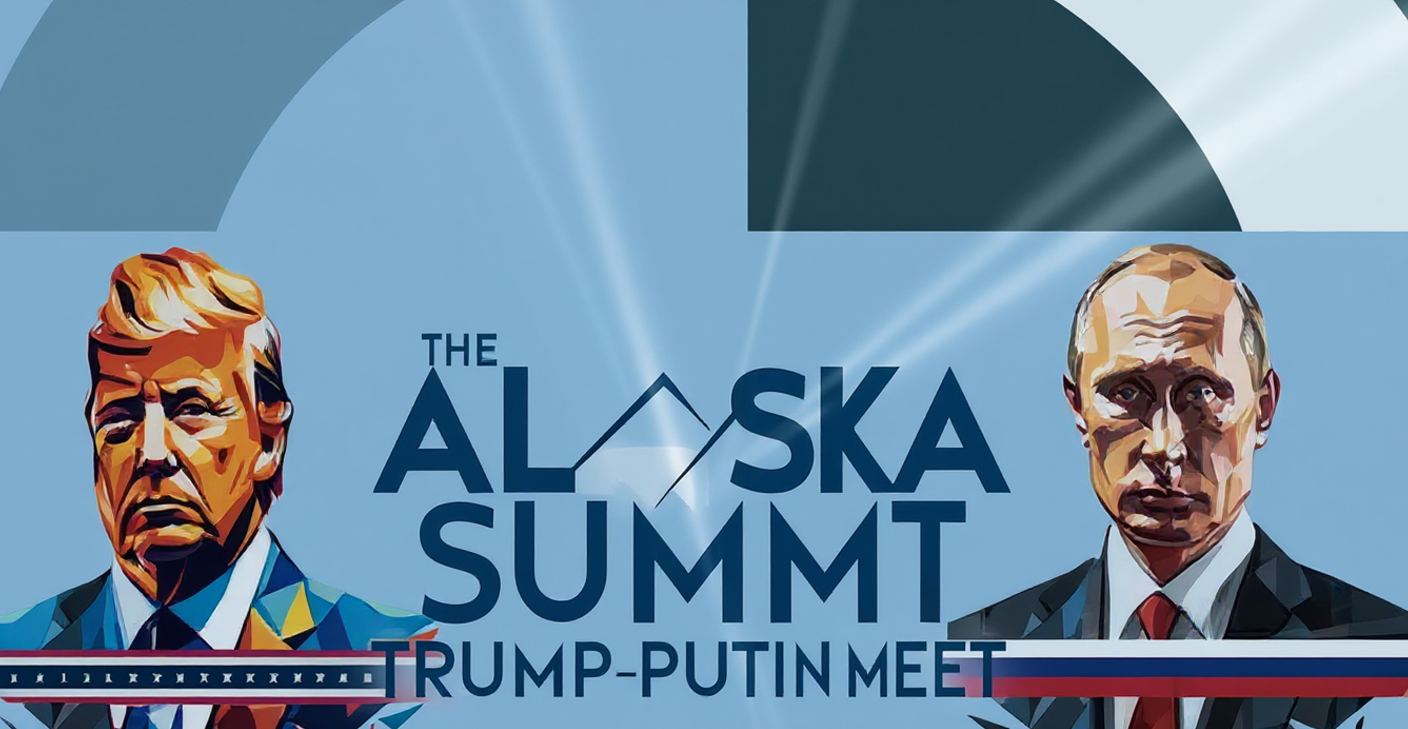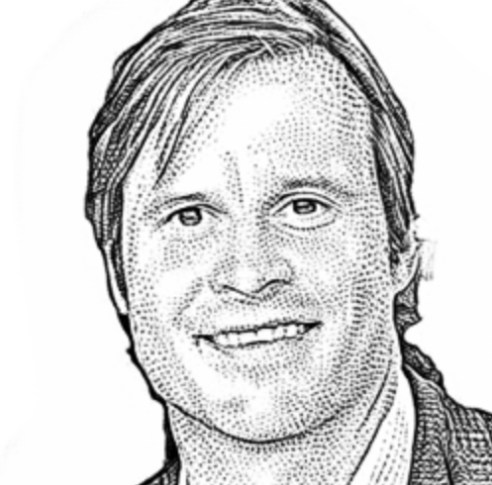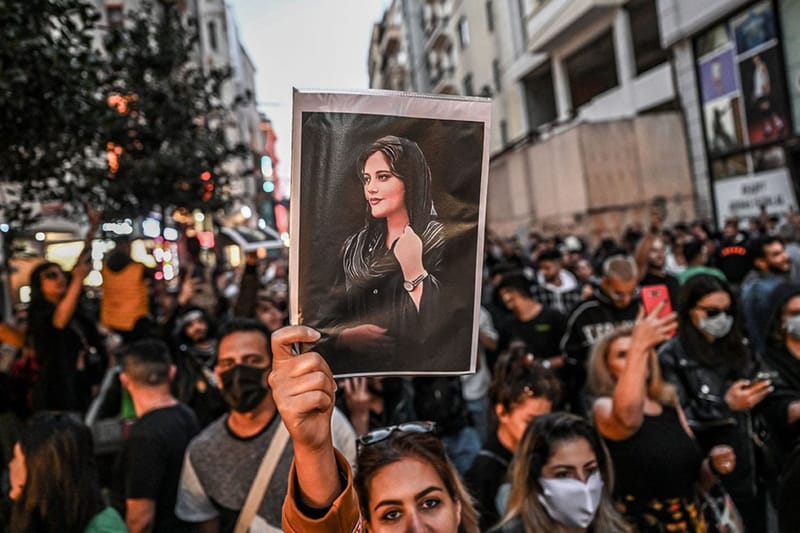Putin's War Machine, a New "Waterloo" Moment, and the Future of European Security

The Alaska Summit: Putin Digs In
The Alaska summit between U.S. President Donald Trump and Russia's Vladimir Putin ended without a cease-fire and no peace deal. After nearly three hours of talks—the first face-to-face U.S.-Russia summit since the invasion—Putin offered no concessions. Both leaders spoke of "progress," but Putin refused even a temporary pause in fighting, while Russian forces kept attacking Ukraine during the meeting.
Trump, eager for a breakthrough, suggested bypassing a truce and going straight to a settlement on Putin's terms – including territorial concessions. This shift in U.S. stance aligns with Moscow's preference for codifying land gains.
European allies, however, were wary. They "welcomed" Trump's diplomacy but vowed to tighten sanctions and continue arming Ukraine. For Putin, simply holding the summit was a win: it broke his diplomatic isolation and gave him domestic propaganda to frame the war as moving toward "victory."
A War Economy: Putin's Regime Needs Conflict
Putin's power rests on a war economy. Since February 2022, he has turned Russia's financial system into a war machine – diverting state revenues into arms production, soldier pay, and occupation costs. This militarized spending briefly boosted GDP, but it is proving unsustainable like Napoleon's endless campaigns.
Russia now faces its largest budget deficit in over 30 years. Oil revenues have slumped, inflation remains high, and officials have stopped publishing key data to hide the toll. What growth there was in 2023-24 is stalling, and experts warn the economy is sliding toward recession.
Still, Putin needs the war to justify these hardships. Conflict diverts attention from economic pain and fuels the nationalist fervor underpinning his regime.
Propaganda and the "Existential Threat" Narrative
From the start, Putin has painted Ukraine as an existential threat. State TV insists Russia is fighting to "prevent NATO aggression" or even stop “genocide". By casting the war as survival itself, Putin gaslights Russians into tolerating sacrifice.
This narrative has become a self-fulfilling prophecy. NATO has expanded, Ukraine has become a fortress, and Russia is more isolated than at any point since the Cold War. Yet Putin keeps repeating that the "root causes remain the same" and security demands justify continuing the war.
Turn the Screws: Isolating Russia to Force Change
Analysts argue the only way to stop Putin is by forcing regime fragility. Western leaders believe he “will only respond to strength and pressure"".
That means:
- Crippling revenues with tougher oil and gas sanctions.
- Targeting enablers with secondary sanctions on firms or countries helping Russia evade restrictions.
- Arming Ukraine further to raise battlefield costs until Moscow is forced to choose between war and survival.
Europe signaled after Alaska that it will tighten sanctions and continue military aid.
Escalation Dangers: All-out War
Cornering Putin risks escalation. He could attempt new offensives in Europe or shift to a full war economy. Reports suggest funds are already being diverted from civilian projects into defense.
But Russia cannot sustain this forever. Its labor force is shrinking, its finances strained, and its manufacturing base slumps. Any attempt to expand the war into NATO territory would be suicidal for Putin's regime.
Toward a Waterloo Moment
Napoleon's downfall at Waterloo came when a united Europe outlasted his overstretched empire. Many see Putin heading toward a similar fate: a “Waterloo moment" where his exhausted army, crumbling economy, or domestic unrest brings collapse.
Western officials note that Putin is stalling and stringing out talks while refusing to compromise. But his arrogance could be his undoing—when the collapse comes, it may come suddenly, like in 1815.
European Security in a New Era
Europe has already shifted. NATO has expanded, neutral states like Finland and Sweden have joined, and EU defense spending has surged more than 30 percent since 2021.
Markets have noticed. Ahead of the Alaska talks, the STOXX 600 hit five-month highs on peace hopes. But defense stocks dipped on speculation of a truce—a reminder that European rearmament drives valuations. Defense stocks didn't just dip in Europe—they dipped all over the world's markets. This conflict has become a proxy for general war and competition between Great Powers. Low-intensity conflicts are active around the planet, but this conflict is the sole driver of speculative economic and security rearmament.
The standout is Rheinmetall AG (RNMBY), Europe's defense bellwether. Shares are up more than 180% in 2025, now trading near $377. With a €63 billion order backlog and Germany raising its defense budget toward €162 billion by 2029, RNMBY exemplifies Europe's long-term security pivot.
China's Dilemma: Integration or Isolation
With Russia weakened, attention shifts to Beijing. China has cautiously backed Moscow while building buffers against Western pressure, including internationalizing the yuan. But if Putin falls, China faces a binary choice: integrate with the West or risk Russia's fate.
A forced decoupling would be dangerous. Analysts warn a sharp yuan devaluation to offset sanctions could trigger capital flight and a global downturn. Yet continuing confrontation risks isolation in a world economy dominated by the U.S. and its allies.
Russia is a key pillar of BRICS, and BRICS is the play for a new global currency. China's ability to fight later may hinge on Russia's ability to "live to fight another day," but Putin might not live if this war ends. As Napoleon feared from his own people if the leader cycled down his Grande Armée's conquest.
Russia's attempt at conquest isn't sustainable
The Kremlin has been watching the first half of Rocky IV on repeat
The Alaska summit underscored a stalemate: Putin will not stop, and the West will not yield. His war economy is cracking, and his propaganda narrative can only shield him so long. Like Napoleon, Putin's fate may be sealed by overreach. Putin is tantamount to a one-way attack system, and the only way to stop it is to break it.
A decisive collapse – a Russian "Waterloo" – could usher in a new European security order, one defined by NATO unity and sustained defense spending. It would also present China with a fateful choice: reform and integrate, or side with a defeated axis. But in the seams would be interstate rivalry, arms races, and small cold wars between Greece and Turkiye over the Aegean Sea.
A resurgence in the boil of competitiveness built up in Western Europe post-Waterloo, culminating in World Wars. No matter what, the national security genie has been let out of the bottle in Europe and can't be put back in. The Ukraine conflict today plays a role in determining the pace and intensity of a European multi-war state, but not its fate. Russia's cast that died when they invaded Ukraine, and the European Rip Van Winkle of security was startled awake and slow to get back to consciousness, but is well on his way.
Either way, the wheel of history has turned. The outcome in Ukraine shapes state powers for decades to come.





